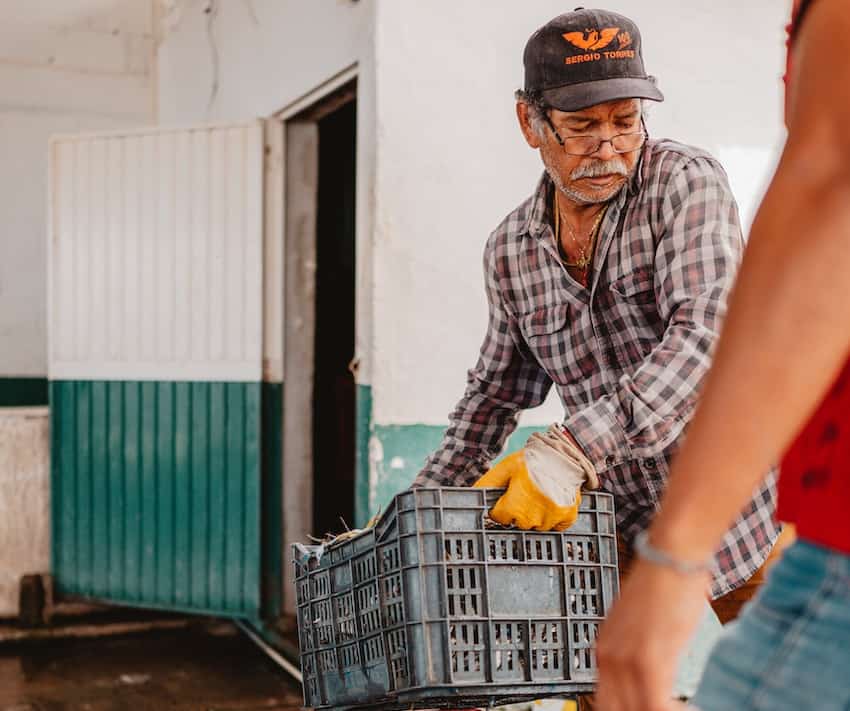With between 1.2 and 1.6 million vacancies in Mexico’s labor market, 75% of employers say their main problem is finding workers, according to a new study by the Employers’ Confederation of the Mexican Republic (Coparmex).
The organization’s quarterly analysis found that the main labor challenges faced by businesses in Mexico are difficulty in filling vacancies, a shortage of qualified workers, a lack of resources to hire staff, salary negotiations and staff turnover.

These difficulties are most keenly felt in the manufacturing, wholesale trade, electricity, water, gas and agriculture sectors, while leisure and cultural services face the least labor challenges.
“The states where [the labor shortage] is most critical are Jalisco, Baja California Sur, Quintana Roo, Nuevo León, Colima, Nayarit and Chihuahua,” warned Coparmex’s president, José Medina Mora Icaza.
“[Business owners] told us that in Ciudad Juárez there were 75,000 vacancies, and they literally went out to the street at the traffic lights to ask the migrants to stay to work on the Mexican side,” he added.
Business owners reported similar struggles in areas including Puerto Vallarta’s hotel sector and Mexicali’s assembly plants.

These shortages are despite Mexico having an untapped labor market of more than 10 million people, Coparmex found. Two million of these are unemployed, 2.2 million are working-age people whose circumstances prevent them from participating in the economy, and 5.8 million do not work because of lack of incentives.
Coparmex’s analysis concluded that Mexico’s untapped labor market mainly consists of women and young people. Women with children make up 80% of those who would like to be economically active but feel unable to.
The organization’s suggested solutions include improvements in flexible working and childcare, to facilitate entry into the labor market.
Coparmex also found that only 30% of Mexico’s non-economically active population has completed high school studies. It argues that expanding education is key to integrating these people into the economy.

“Offering jobs that meet the needs of workers is essential to form a more competitive economy with the ability to attract and retain talent,” the study concludes.
“Achieving this will not only result in benefits for the economy but [also] for the population and quality of life in the country.”
With reports from Forbes and La Jornada
